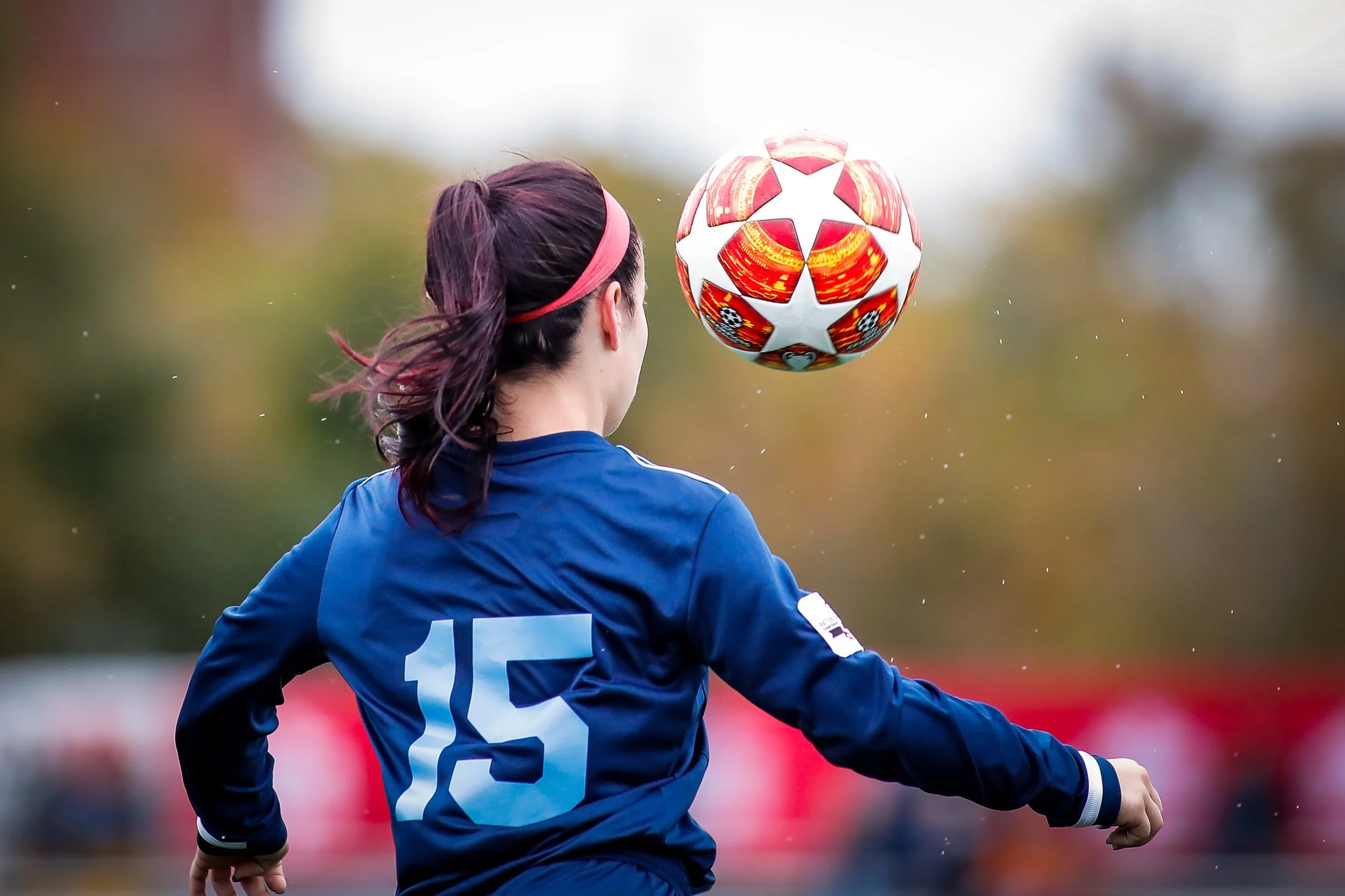Parenting College Student-Athletes: A Distinct Journey
Dear Coach Bryant,
My daughter will be a freshman on her college soccer team this Fall! We are beyond excited for her to start her journey as a college athlete, but also apprehensive about the unknowns. We’ve heard horror stories from friends about their children not liking their coach, team, classes or school. If our daughter is unhappy, how do we best support her?
Apprehensive in Albuquerque
Dear Apprehensive,
You are wise to pose this question, because with the right guidance, parents can steer a distressed student-athlete away from the transfer portal and towards a remarkable college athletics career, ultimately graduating from the same institution where they initially began. Here are my guidelines for promoting the holistic development of your child through their journey as a college student-athlete:
Foster a positive team culture. Encourage your child to be a team player, reinforcing the values of cooperation, selflessness, and sportsmanship. Support their involvement in team activities and help them develop healthy relationships with their teammates.
Promote balanced communication. It is more common for college-aged children to call home when they are upset, rather than when they are happy. The stress of managing performance anxiety and team dynamics can significantly amplify this effect for student-athletes. Encourage your child to share their successes with you, as well as their struggles (this will also help reduce your anxiety whenever the phone rings).
Facilitate productive problem solving When your child is upset, actively listen and validate their feelings, but don’t rush to their aid immediately. Instead, guide your child towards constructive solutions so they can develop their problem-solving skills. One phrase that often resonates with my student-athletes is: “be positive, productive & part of the solution”.
Respect the coach's authority Trust the coach's expertise and decision-making abilities when it comes to your child’s role on the team. Keep in mind that your child's coach has daily interactions with your child, whereas you only witness a brief snapshot whenever you are able to visit. Reinforce to your child that as a student-athlete, there are certain elements beyond their control (such as a coach's lineup decision), but they do have control over their own reactions to these circumstances.
Refrain from contacting the coach. While it's natural to worry about your child, it's important to respect boundaries. Enable your child to take charge of their own relationship with their coach, as doing so will promote their development as an athlete and adult. Only contact the coach if you genuinely believe that your child's well-being is at risk.
The Reality
Throughout your child’s journey as a collegiate student-athlete, it is inevitable that they will encounter obstacles and possibly even shed some tears. During these challenging times, it is imperative for you to maintain your perspective and steadfast support of the team and coach, while encouraging your child to act with positive intention. This approach will significantly contribute to the development of your student-athlete, helping them cultivate self-assurance and independence as they transition into young adulthood.
All the best,
Coach Bryant


